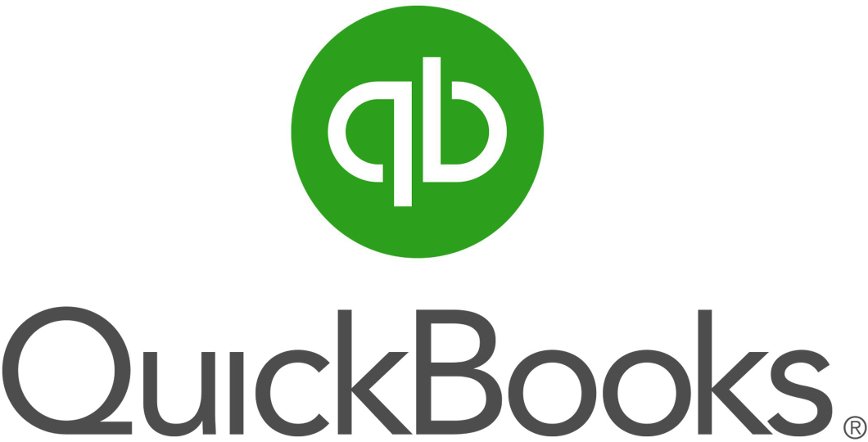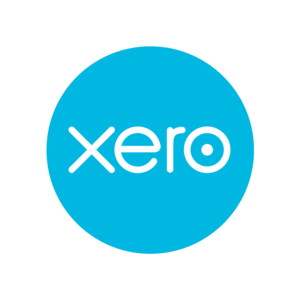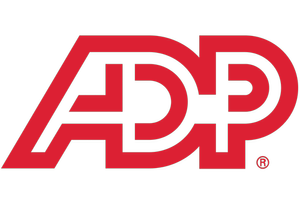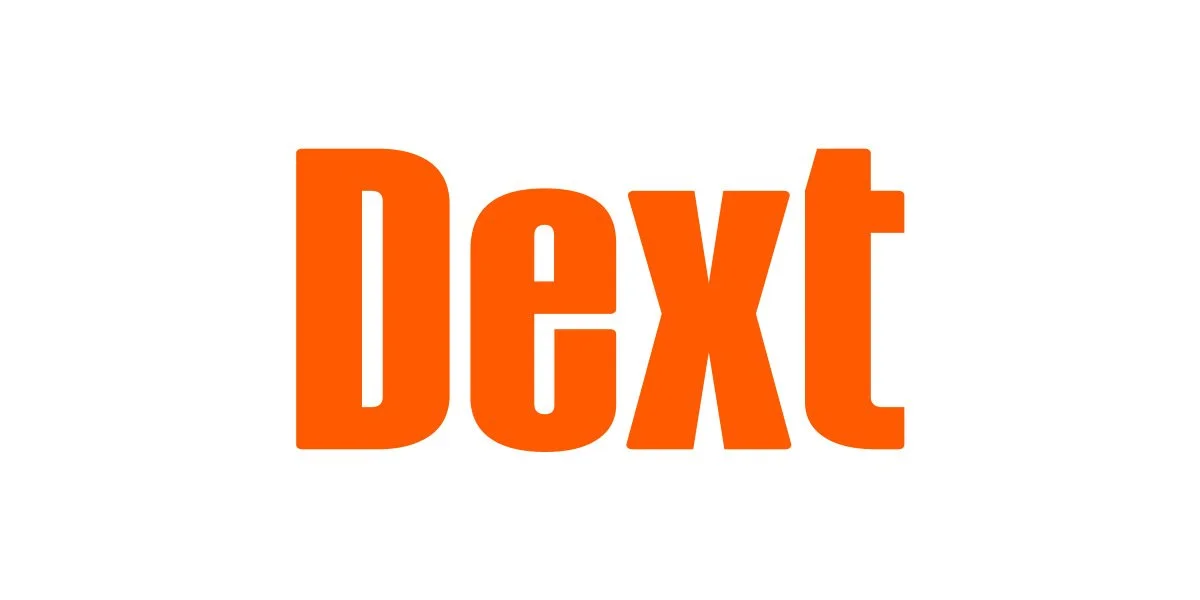Doctors Medical Accounting
Specialized Accounting Solutions for Healthcare Professionals
Ensure your practice thrives with Medical Accounting services designed specifically for doctors. We understand the unique financial challenges you face and provide tailored solutions to help you focus on patient care.
Our Medical Accounting Services Include:
- Tax Planning & Compliance: Customized tax strategies to minimize liabilities and ensure compliance with healthcare regulations.
- Cash Flow Management: Tools and insights to effectively manage your practice’s cash flow and operational expenses.
- Billing & Collections Support: Streamlined billing processes to improve collections and reduce outstanding receivables.
- Practice Management Consulting: Expert advice on financial management and growth strategies tailored for medical practices.
- Retirement & Succession Planning: Guidance on planning for your future and transitioning your practice when the time comes.
Capex CPA is dedicated to helping healthcare professionals achieve financial success. Contact us today to learn how our specialized accounting services can support your practice.
Why Choose Us for Medical Practice Accounting?
We understand that providing patient care is your top priority—not accounting. That’s where we come in. Whether you’re a solo practitioner, part of a medical clinic, or managing a growing practice, our tailored accounting solutions for medical professionals are designed to streamline your operations and maximize financial efficiency.
No More Guesswork
Our expert team handles everything—from bookkeeping and tax filings to tax planning strategies and CRA compliance—so you can focus on what you do best: treating patients. Let us take the stress out of accounting, cash flow management, and compliance, while you focus on your practice.
Designed for Medical Professionals
We know the unique challenges faced by doctors and healthcare professionals. That’s why we’ve customized our accounting solutions to address your specific needs. Whether you’re looking to manage tax savings, payroll, or need help with expense tracking, we have a solution built for you.
Maximize Your Tax Savings
Why leave money on the table? Our specialized tax strategies for medical professionals help you save more by leveraging deductions, retirement plans, and deferred income strategies. Our expert accountants understand the nuances of the healthcare field, ensuring that you get the maximum benefit while staying compliant with CRA regulations.
Incorporation & SR&ED Expertise
Many medical professionals benefit from incorporating their practice, reducing their tax liability, and taking advantage of retirement planning options. We also specialize in helping practices claim the SR&ED tax credit if you're involved in research or developing innovative healthcare solutions.
Ready to Get Started?
Join hundreds of medical professionals who have streamlined their finances by trusting us with their accounting. Choose a plan that fits your needs, start today, and take control of your financial future with Capex CPA.
Getting Started is Easy:
- Send us a quick message or book a time to connect.
- Meet your dedicated accountant for a tailored solution designed for your medical practice.
- Watch your practice thrive with seamless, effortless accounting support.
Incorporate Your Medical Practice
As a medical professional, incorporating your practice provides significant advantages in managing your taxes and accounting. Incorporation allows you more control over how your income is distributed and taxed, and opens up opportunities for strategies like income splitting with family members or boosting retirement savings plans. In today's economic landscape, incorporating your medical practice is a smart decision worth considering for long-term financial success.
Tax Planning & Strategies
As a doctor, you focus on patient care, but as your practice grows and your capital accumulates, tax planning becomes increasingly important. At Capex CPA, we specialize in helping medical professionals like you create tailored tax strategies. We’ll review your current financial goals and future objectives to develop a comprehensive plan for asset protection, retirement savings, and insurance coverage, all while considering the most suitable business structure for your practice (e.g., corporation, partnership).
Tax Preparation & Compliance Services
Running a medical practice comes with its own set of financial challenges. Our team at Capex CPA is here to simplify your accounting process with cost-effective and user-friendly cloud-based systems like Xero and QuickBooks. We handle everything from bookkeeping to tax filings, ensuring your practice remains compliant while saving you time and stress.
Let Us Handle the Accounting, So You Can Focus on Your Patients
You started your medical practice to care for patients, not to manage accounting and taxes. Let our experienced team take care of your practice’s financial needs, so you can focus on what matters most—providing excellent patient care.
Get in Touch Today
If this sounds like the right solution for your practice, contact us today to explore how we can help you with accounting and tax services customized for your medical practice.
FAQs - Medical Edition
Expert Guidance for Healthcare Professionals
-
Incorporating your medical practice offers significant tax savings, including dividend distribution and income splitting. It can also protect your personal assets. Incorporation is particularly advantageous for high-earning medical professionals looking to optimize their tax strategy.
-
Doctors and healthcare practitioners can claim the SR&ED (Scientific Research & Experimental Development) tax credit for research and innovation in medical practices. This can include developing new treatments or medical techniques. Capex CPA can guide you through the process and maximize your refund.
-
Yes, investing in real estate can diversify your income as a doctor. We help ensure your income meets mortgage requirements and connect you with leading lenders. Our expertise in real estate and healthcare finance will simplify the process.
-
Income splitting allows you to reduce your taxable income by paying your spouse a reasonable salary. This can provide substantial tax savings for doctors. We can help you structure income splitting effectively, ensuring it meets CRA guidelines.
-
Doctors often use holding and operating companies for tax efficiency. Managing intercompany transactions is key to maximizing your tax savings. Capex CPA specializes in optimizing these structures, helping doctors manage their businesses efficiently.
-
Succession planning is crucial for ensuring the future of your medical practice. The sooner you begin planning, the better. Capex CPA will help you create a succession plan that aligns with your financial goals and the long-term future of your practice.
-
Deciding whether to lease or buy medical office space and equipment depends on your practice's growth stage. Leasing offers flexibility for new practices, while buying could offer long-term savings. Capex CPA will assess your financial situation and help you make the best choice.
-
Managing cash flow in a medical practice is essential for growth and stability. We assist doctors in creating cash flow forecasts and budgets that ensure financial stability and highlight areas for improvement, helping your practice run smoothly.
-
Yes, we can file your spouse’s taxes alongside yours. This is especially important if you’re incorporating and need to maximize tax savings through income splitting and other tax strategies. Our comprehensive tax services include the entire family.
-
If you use a home office for your medical practice (e.g., for telemedicine or administrative work), you can claim a portion of your home expenses. Capex CPA helps doctors calculate the precise deduction, ensuring compliance with CRA guidelines.
-
We provide year-round support for our clients. General questions can be handled by email or phone without any extra charge. For more complex tax or financial calculations, we offer billing options based on the time required to resolve your queries.








